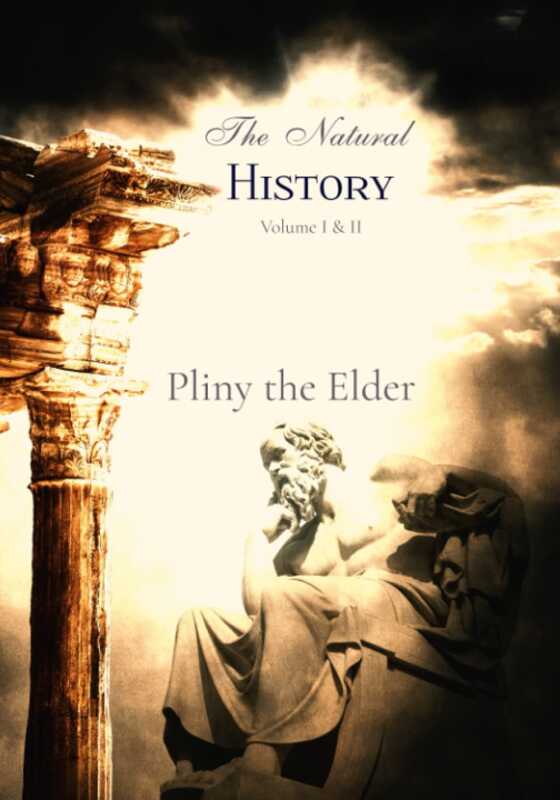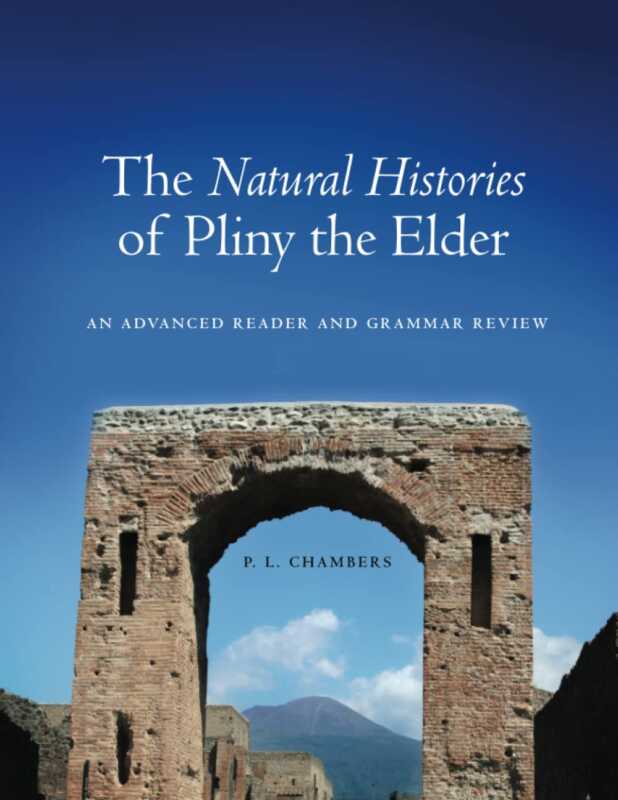Pliny the Elder
Gaius or Gaius Pliny the Second (Comum, c. 23-Estabia, August 25, 79) was a Ancient Roman writer and soldier from the 1st century, known by the name of Pliny the Elder to differentiate him from his nephew and adoptive son Pliny. the young man. He belonged to the equestrian order and held administrative and financial positions in Gaul and in Hispania.

He carried out studies and research on natural, ethnographic and geographical phenomena compiled in his Natural History, being an encyclopedic model of much knowledge until the mid-17th century when his studies were replaced by research based on the scientific method and modern empiricism. His work was used by many western explorers of the 16th and 17th centuries.
Discover the hidden secrets of the Earth and the universe
If there is a man who has become the echo of greatness and the faithful testimony of natural majesty, that is, without a doubt, Pliny the Elder. From his writings to his exploits, this intrepid sage has left an indelible mark on the history of knowledge and exploration.
In a world where man longed to discover the hidden secrets of the Earth and the universe, Pliny stood as a beacon of wisdom, challenging the limits of human knowledge. With his insatiable curiosity and his unwavering spirit of exploration, he bravely ventured into the most remote corners of nature, unlocking its mysteries and defying established conventions.

His words, written with unparalleled mastery, transport us to a time and a place where the wonders of the natural world were an enigma to be solved. From the description of majestic mountains and tumultuous rivers to the testimonials of exotic animals and magical plants, Pliny painted a vivid picture of the beauty and diversity of our planet.
Pliny the Elder in Pompeii
But Pliny’s greatness was not limited to his role as a passive observer. During the tragic event that rocked the city of Pompeii in AD 79, this brave man embarked on a daring and noble rescue mission. Despite the imminent dangers and the threat of the volcanic eruption of Mount Vesuvius, Pliny risked his life to save the inhabitants trapped in the chaos and destruction.
His legacy transcends the passage of time and continues to be an inspiration to future generations. The passion and courage that Pliny displayed in his quest to understand and preserve the beauty of our planet are qualities that will forever resonate in the hearts of those who venture in search of knowledge and exploration.
Legacy of Pliny the Elder
Pliny the Elder is a constant reminder that greatness is found in the courage to defy limits and in the commitment to protect and appreciate the wonder that surrounds us. His writings invite us to contemplate the immensity and fragility of our natural environment, and encourage us to take responsibility for preserving it for future generations.
Pliny the Elder was a beacon of wisdom and courage, reminding us that only by exploring and understanding our world can we appreciate its true greatness. His legacy will last as long as there are those who, like him, yearn to discover the hidden secrets of nature and fight for its conservation. Pliny the Elder, an enduring witness to natural grandeur.
Today Pliny the Elder lives on the yellowed pages of history, in the memory of those who appreciate the power of imagination and the insatiable search for truth. His legacy lives on as a reminder that life is a maze in which we meet with greatness, tragedy and revelation at every turn.
Pliny the Elder, the man whose words and adventures intertwine like threads of a captivating story, invites us to dive into the ocean of existence and seek beauty in its purest form. In his life and in his death, Pliny teaches us that only those willing to explore the confines of reality can discover the true meaning of life and the wonders that nature has to offer.





